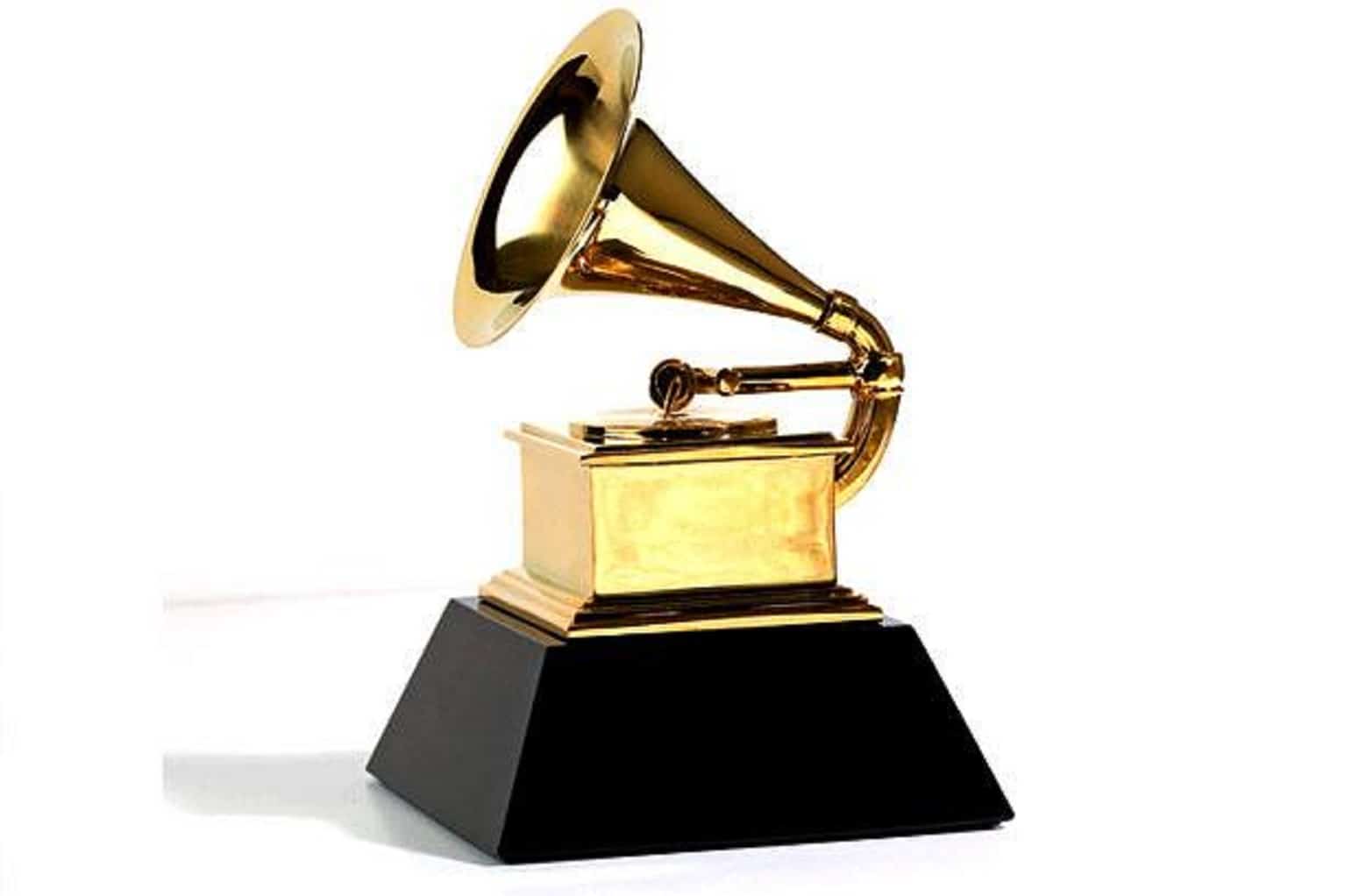

Grammy Awards and electronic music: a history
Established in 1958, the Grammy Awards set out to celebrate the best of the best in the music industry. Known as the first and the biggest music awards show, its origins lie in the Hollywood Walk of Fame in the 1950s. Those behind the Grammys realised that many leaders of the music industry would not be given a star on the Hollywood Walk of Fame, so they wanted to honour them by starting what we know to be the Grammy Awards today.
For electronic music fans, it is hard to think of the ceremony without the electronic music awards, but they didn’t always exist. Electronic music was not recognised by the Grammys for a long time following the inception of the awards, and we’re diving straight into the history of electronic music in the Grammys.
1998. This was the year that saw the categories of Best Dance Recording and Best Remixer of the Year introduced, which was a massive milestone for the scene at the time. The first recipient of the Best Dance Recording award was Giorgio Moroder and Donna Summer for the track ‘Carry On’. Released in 1992, some years later it was remixed and turned into an international hit which saw it gain chart success (namely reaching the No.25 spot on the U.S Dance Charts) in 1997 and 1998. Giorgio Moroder and Donna Summer truly made history.
In the same year, Frankie Knuckles was the first recipient of the Best Remixer of the Year award. Known as the godfather of house music, it seemed right for him to lead the way for all remixers. His notable remixes include reworks for the likes of Sound of Blackness’ ‘The Pressure Pt 1’ when he created an addictive classic club mix, Hercules & Love Affair’s ‘Blind’ and Womack & Womack’s ‘MBP’. Of course, there are many more, but far too many to list, as all of the remixes he created were truly iconic. When the award was first introduced, it was for an overall appreciation of the recipients’ remixing abilities, but was changed in 2002 to be attached to particular remixes and not just an artist as a whole. The award is now known as Best Remixed Recording, Non-Classical.
Image Credit: Colby Sharp via Flickr | License: Attribution 2.0 Generic (CC BY 2.0)


- Arodes cover Interview
- Armin van Buuren: Breathing In [Exclusive Interview]
- Ibiza 2024: What To Expect
- Burak Yeter: A Day In Space [Exclusive]
